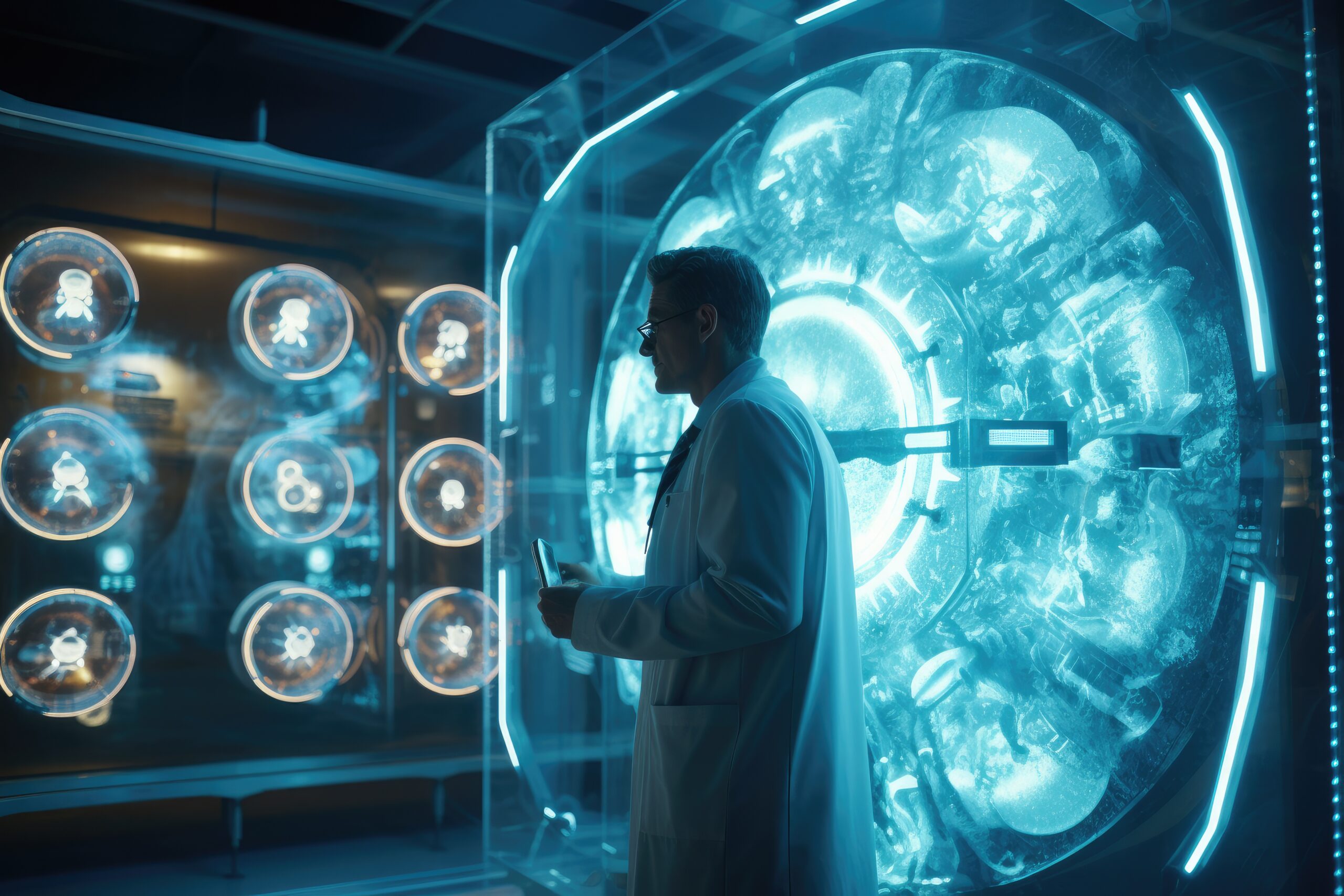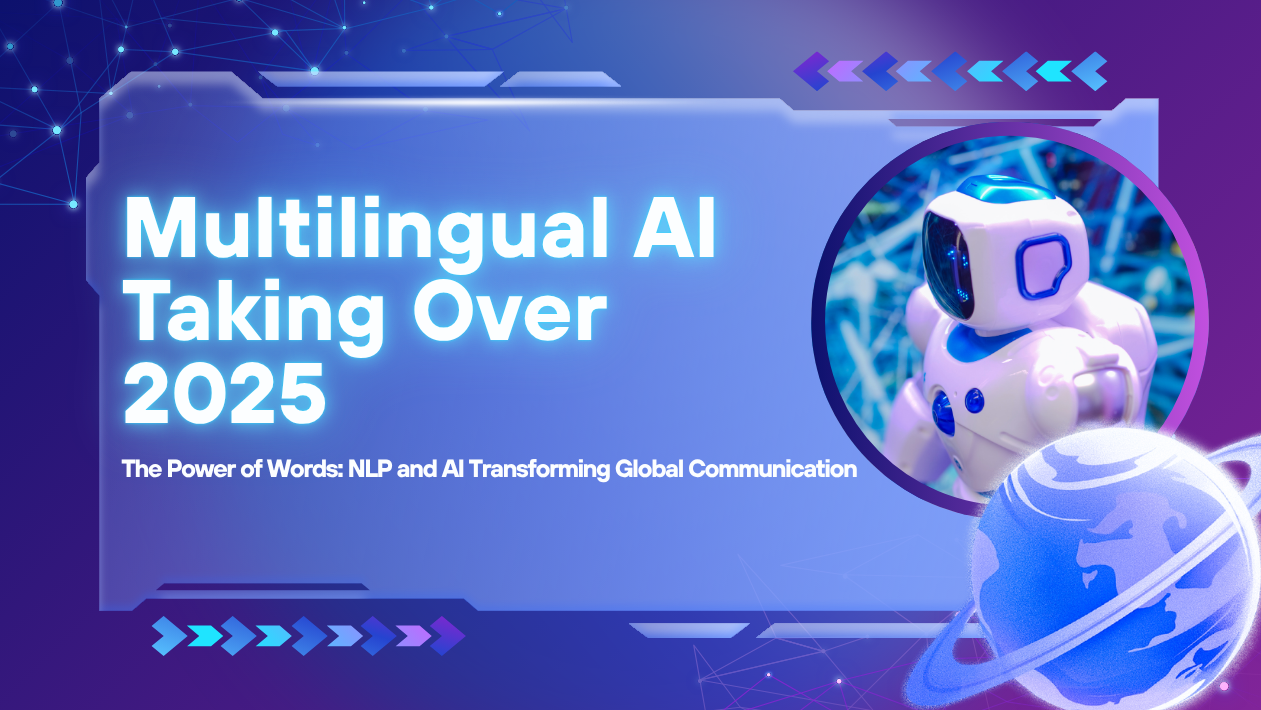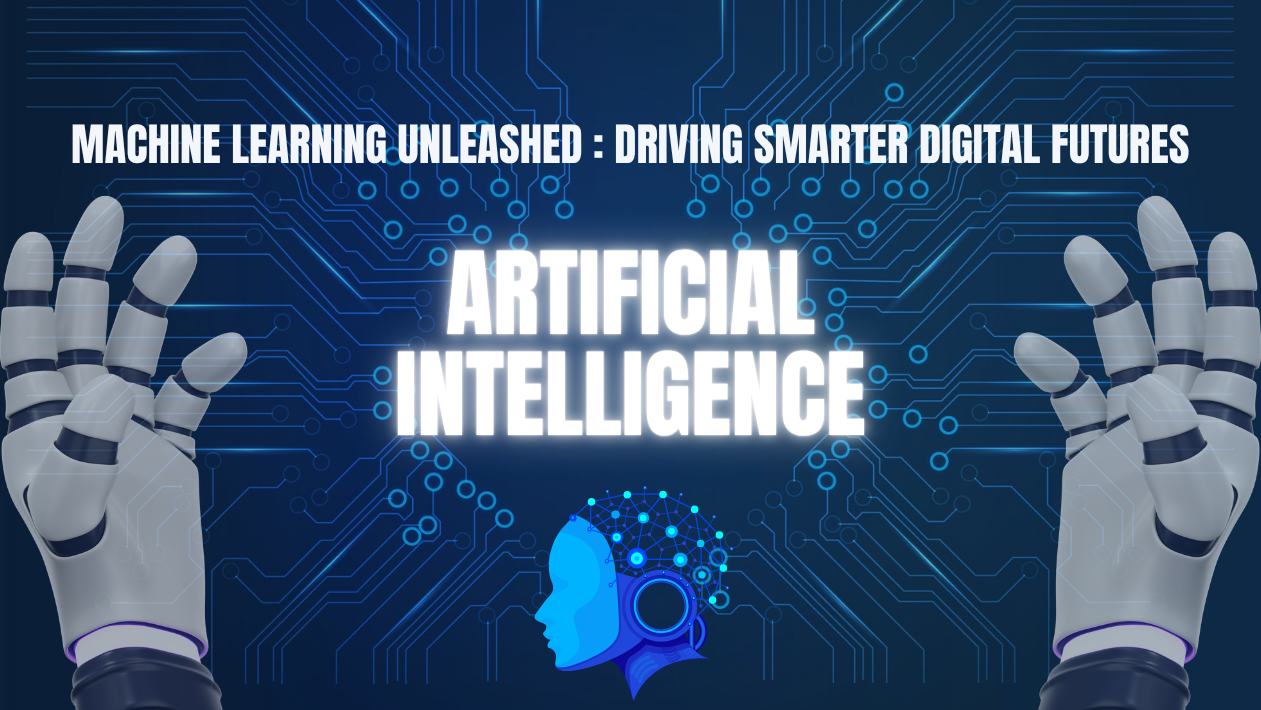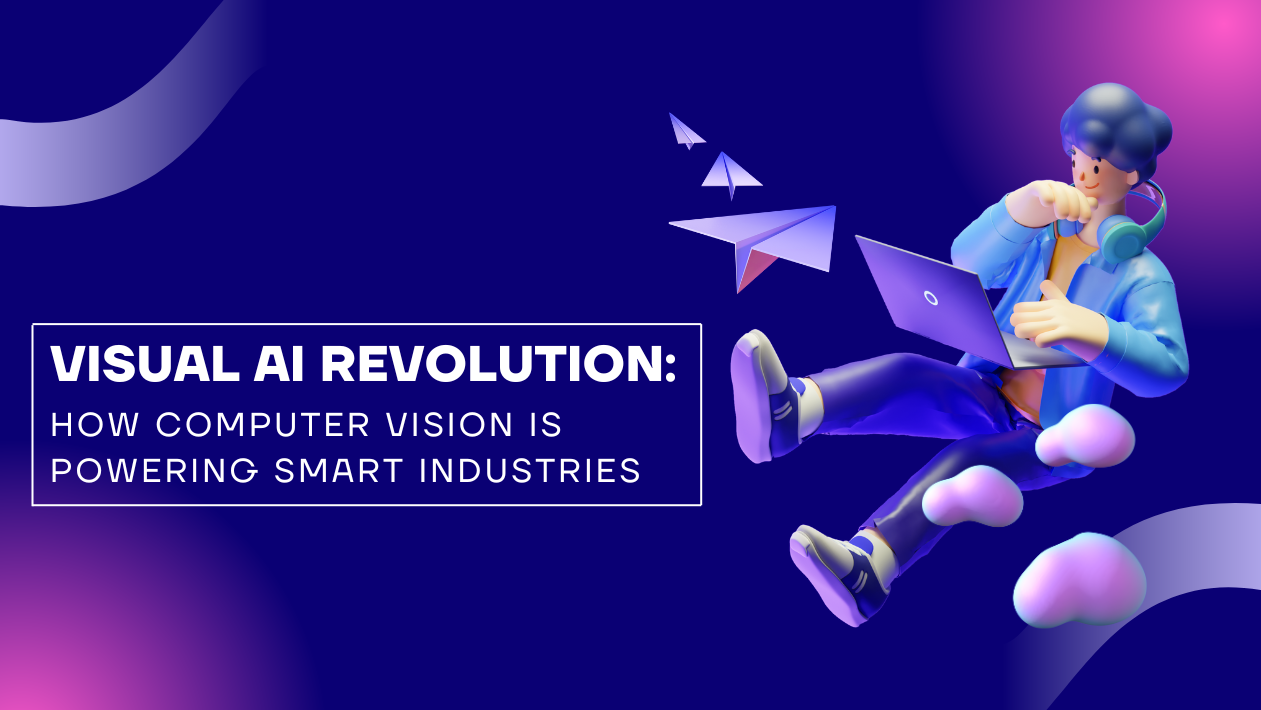Artificial Intelligence is transforming healthcare, particularly in the field of medical imaging and diagnosis. By applying computer vision techniques to medical images, AI systems can assist healthcare professionals in detecting diseases, planning treatments, and improving patient outcomes.
Early Disease Detection
AI algorithms can analyze medical images, such as X-rays, MRIs, and CT scans, to identify early signs of diseases like cancer, cardiovascular conditions, and neurological disorders. Early detection allows for timely interventions, improving patient prognosis.
Personalized Treatment Planning
By integrating AI with medical imaging, healthcare providers can develop personalized treatment plans. AI can assess the severity of conditions, predict patient responses to treatments, and recommend the most effective therapeutic options.
Remote Monitoring and Telemedicine
AI-powered imaging tools enable remote monitoring of patients, particularly in underserved areas. Healthcare providers can analyze medical images sent by patients, offering consultations and follow-up care without the need for in-person visits.
Challenges and Limitations
Despite its potential, AI in medical imaging faces challenges, including the need for large annotated datasets, regulatory approvals, and integration with existing healthcare systems. Ensuring the accuracy and reliability of AI models is paramount to patient safety.
The Road Ahead The future of AI in healthcare looks promising, with ongoing research focusing on improving AI algorithms, expanding datasets, and enhancing the interoperability of AI systems with medical devices and electronic health records.





